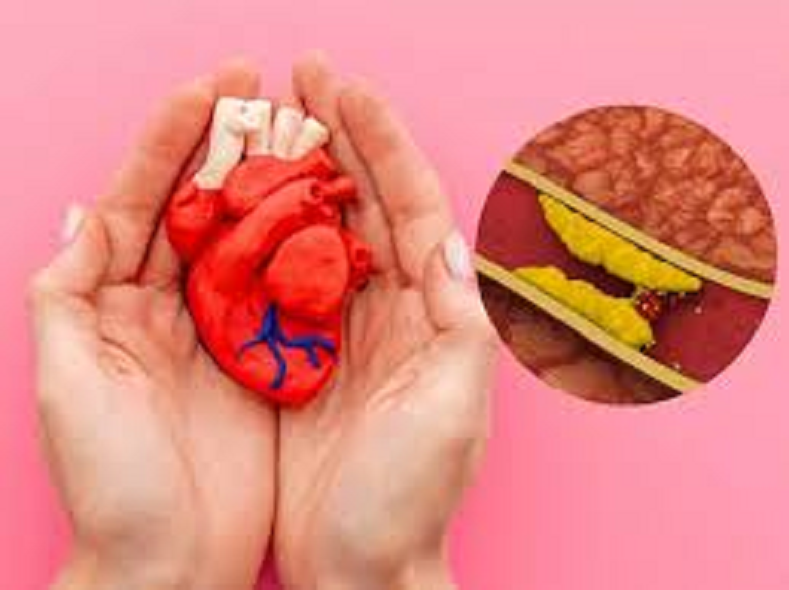Heart Attack Symptoms: Fat and cholesterol, which cause heart attacks, will flow through the arteries like water.
- bySherya
- 21 Oct, 2025

Heart Attack: The incidence of heart attacks has increased. One reason for this is the buildup of plaque in the arteries, a condition called atherosclerosis. This is a major cause of heart attacks. Let us explain it to you.

Heart Attack Prevention: Heart attack cases have risen sharply in recent years. One reason for this is the buildup of plaque in the arteries, a condition called atherosclerosis. It is a major cause of heart attacks. This sticky layer, made up of fat, cholesterol, calcium, and other substances, hardens and narrows the artery walls, reducing blood flow to the heart. It was long believed that once plaque formed, it could not be removed and could only be treated with medications, stents, or surgery. Dr. Vasily Eliopoulos, a board-certified emergency medicine physician in New York, says that plaque buildup is not always permanent. He believes that by addressing the root causes, the risk can be reduced and plaque can even be reversed.
Does plaque last forever?
Dr. Vasily Eliopoulos explains, "We're told that plaque is permanent, but that's not entirely true. Arterial plaque can be reduced without stents or surgery." He further explains that the main cause of heart attacks isn't just calcium deposits, but rather the rupture of soft plaque. Sometimes, your stress test may come back normal, yet the risk remains. Surgery or stenting provides immediate relief and can even save lives, but it doesn't address the root cause. Therefore, it's important to address the root cause to prevent heart attacks.
How can it be treated?
According to Dr. Vasily, advanced testing is essential to identify the true risk. A simple cholesterol report doesn't provide the full picture. He explains that the first test is the APOB test, which measures the actual lipid particle load. High-sensitivity CRP and LP-PLA2 are the second, which show markers of inflammation that contribute to plaque buildup. Third, a CCTA scan is used to detect plaque, which shows where plaque is forming and its type. This way, you can avoid major complications. However, ignoring it can cause serious problems.





